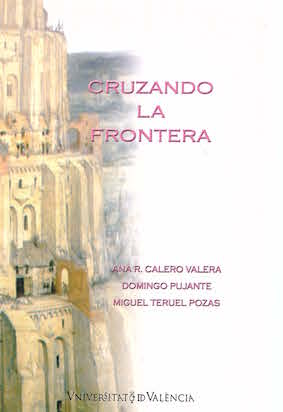Antes del mestizaje: los ‘dos nuevos mundos’ de la conquista de Chile
DOI:
https://doi.org/10.7203/qf-elit.v12i0.5021Keywords:
Valdivia, Vivar, Ercilla, conquest of Chile, encounter of cultures Abstract
Abstract
The new world presented in the letters of Valdivia and in the chronicles of his companions is a world of Spaniards struggling for power by conquering territories and winning royal favour. In these writings, the indigenous peoples are slaves, foes, or objects of ethnological interest. Neither the letters nor the chronicles, however, were edited until the mid 19th and 20th centuries. Rather, a knowledge of the conquest of Chile first reached the reading public through La Araucana. The exceptional success of Parts One and Two ows to the presentation of a new world accessible to the reader because of the projection of lite-rary models then widely known. Moreover, Part Three presents a state before the conquest, describing another new world, and offering the possibility of yet another cultural encounter.
 Downloads
Downloads
Downloads
Published
How to Cite
-
Abstract392
-
PDF (Español)411
Issue
Section
License
 Este obra está bajo una licencia de Creative Commons Reconocimiento-NoComercial-SinObraDerivada 4.0 Internacional.
Este obra está bajo una licencia de Creative Commons Reconocimiento-NoComercial-SinObraDerivada 4.0 Internacional.
Authors who publish with this journal agree to the following terms:
- Authors retain copyright and grant the journal right of first publication with the work simultaneously licensed under a Creative Commons Attribution License that allows others to share the work with an acknowledgement of the work's authorship and initial publication in this journal.
- Authors are able to enter into separate, additional contractual arrangements for the non-exclusive distribution of the journal's published version of the work (e.g., post it to an institutional repository or publish it in a book), with an acknowledgement of its initial publication in this journal.
- Authors are permitted and encouraged to post their work online (e.g., in institutional repositories or on their website) prior to and during the submission process, as it can lead to productive exchanges, as well as earlier and greater citation of published work (See The Effect of Open Access).



